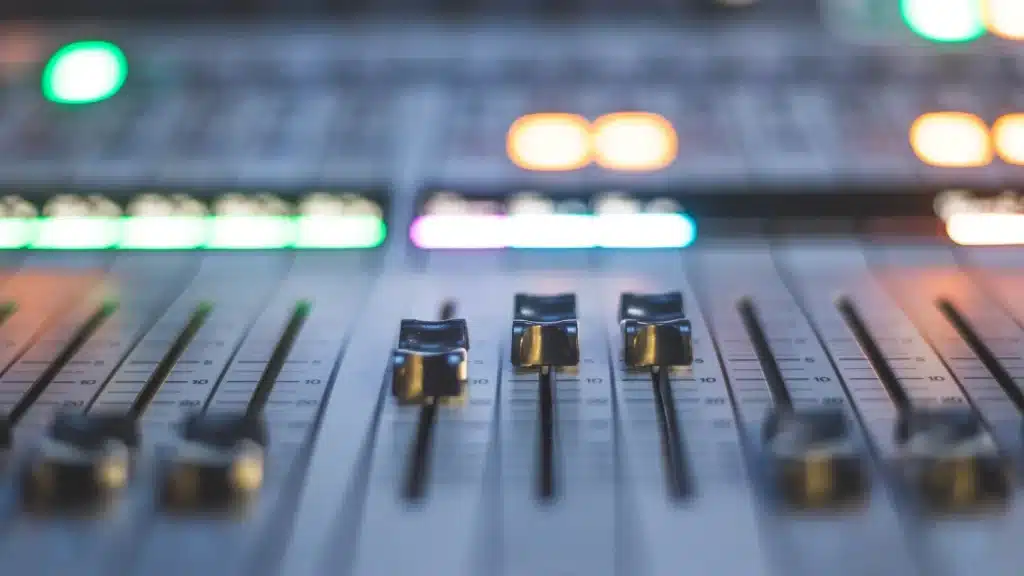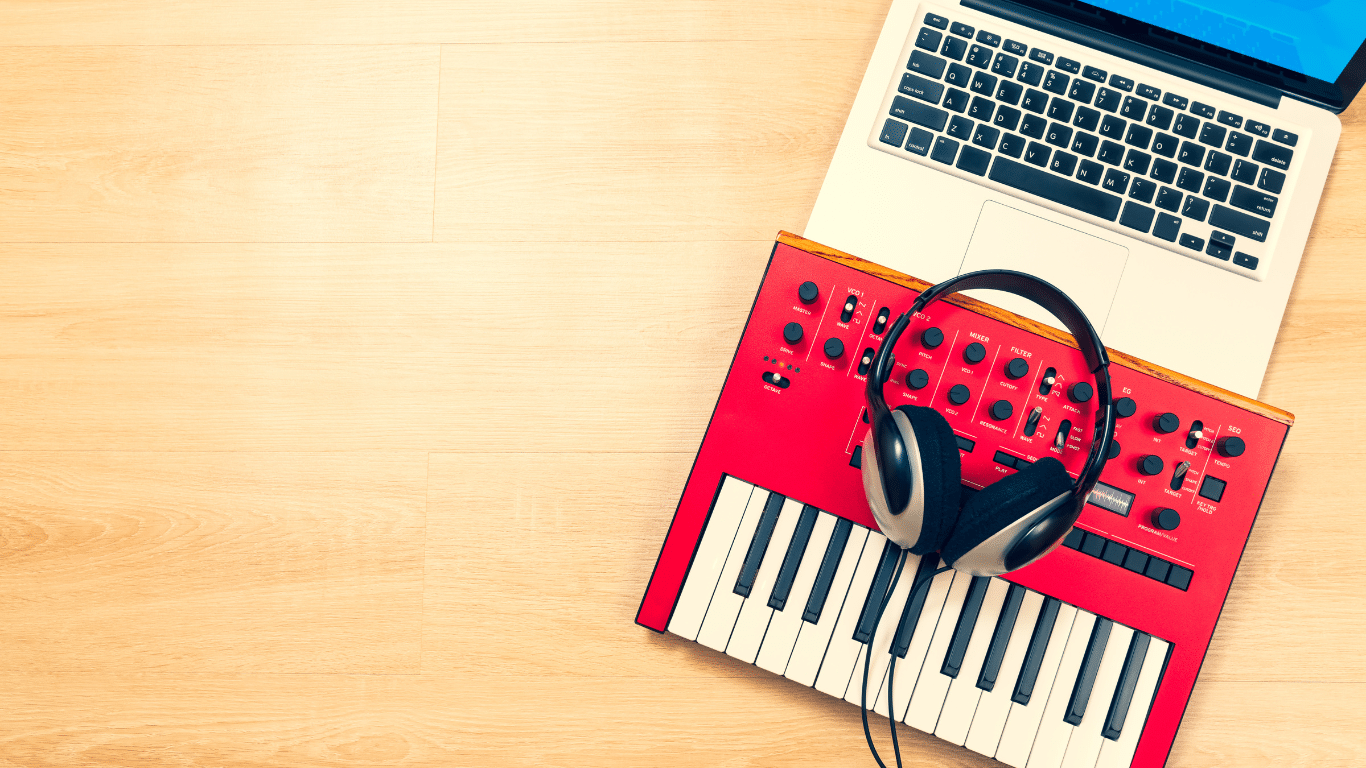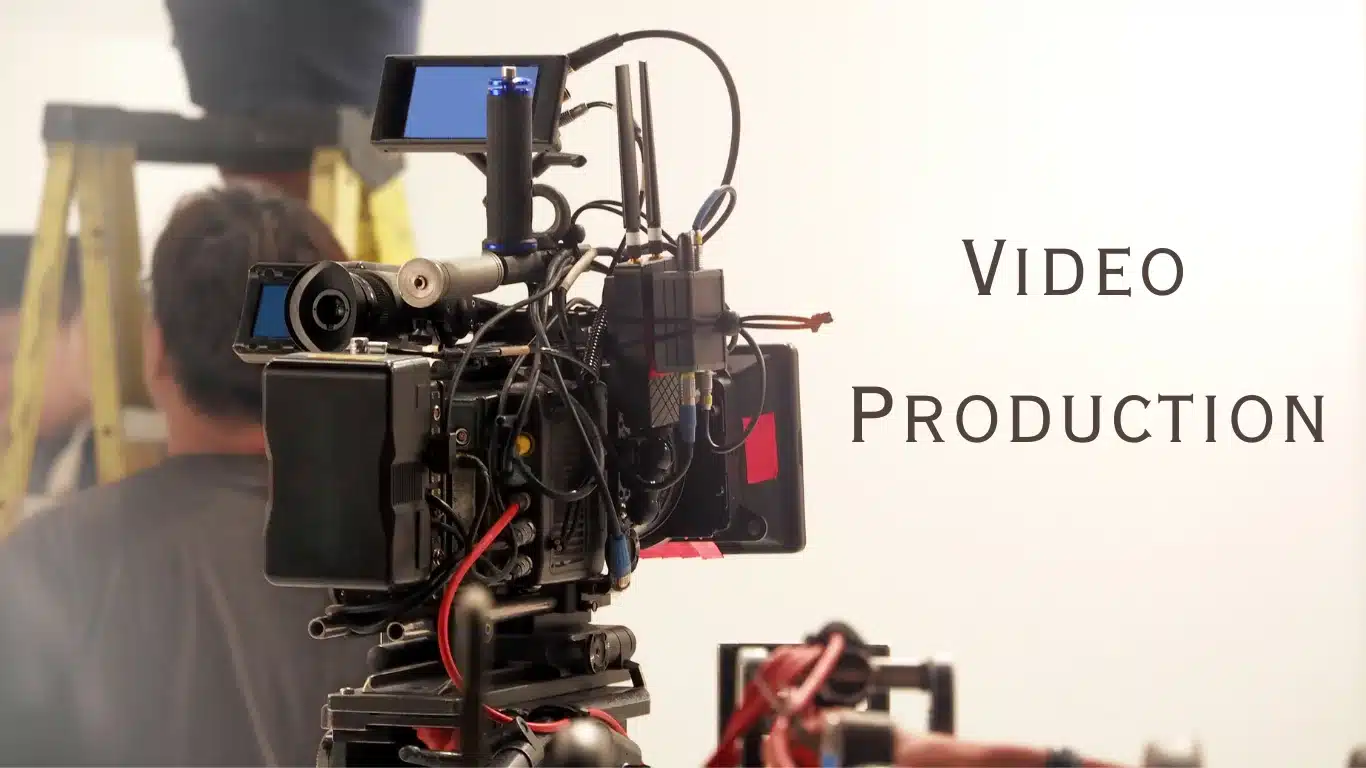Music production is fascinating and dynamic, combining several fields, including creativity, technical skills, and a deep understanding of music. It involves creating, arranging, and recording music to produce a final track or album. Whether you are a musician looking to make your music or someone interested in the technical aspects of music creation, understanding the world of music production is essential.
What is Music Production?
Music production encompasses various activities that contribute to creating a song or a piece of music. It involves everything from composing and arranging the music to recording, editing, mixing, and mastering the final product. Music producers are the individuals responsible for overseeing the entire production process, ensuring that the vision and quality of the music are maintained.
The Basics of Music Production
It is important to grasp the fundamental concepts to embark on your journey into music production. One key aspect is a good understanding of music theory, which involves learning about scales, chords, and melodies. This knowledge will help you compose and arrange your music in a way that is harmonically pleasing and musically engaging.
Another crucial aspect of music production is a solid grasp of audio recording techniques. This includes understanding microphone placement, signal flow, and recording equipment. Learning about audio editing and mixing is essential for refining the recorded tracks and achieving a polished sound.
The Role of a Music Producer
A music producer plays the leading role in the creation of music. They are responsible for guiding the artist or band through the production process and ensuring that the final product aligns with the artistic vision. A producer combines various elements, such as song arrangement, instrumentation, and vocal performances, to create a cohesive and captivating musical experience.
Furthermore, a music producer needs to possess excellent communication and interpersonal skills. They must collaborate effectively with artists, engineers, and other professionals involved in the production process. A producer also needs to be a good listener, understanding the artist’s vision and providing guidance and feedback to bring out the best in their performance.
Music Production Equipment and Software
Setting up a home music production studio is hard work. It requires careful consideration of the equipment and software needed. While a professional studio may have a wide array of high-end gear, achieving professional-quality results with a modest setup is possible.

At the heart of any music production studio, there’s a need for a computer with digital audio workstation (DAW) software. A DAW is the central hub for recording, editing, and mixing audio tracks. Popular DAWs include Ableton Live, Logic Pro, and Pro Tools, each with unique features and workflow.
In addition to a DAW, other essential equipment includes a good-quality audio interface, studio monitors or headphones for accurate audio playback, microphones for recording vocals and instruments, and MIDI controllers for composing and controlling virtual instruments.
Setting Up Your Home Music Production Studio
Creating a productive and inspiring environment is crucial for a home music production studio. Start by selecting a dedicated space that is acoustically treated to minimize unwanted reflections and echoes by acoustic panels, diffusers, and bass traps. Organize your studio in a way that allows for efficient workflow. Keep your equipment and cables neatly arranged and easily accessible. Consider investing in ergonomic furniture such as a comfortable chair and a height-adjustable desk to ensure a healthy and comfortable working posture. Lastly, invest in proper lighting to create a pleasant and inviting atmosphere. Good lighting not only enhances the aesthetics of your studio but also reduces eye strain during long work hours.
The Process of Music Production
The music production process typically involves several distinct phases, each contributing to the overall creation of a song or album. While the exact workflow may vary depending on the project and personal preferences, the general steps remain consistent.
- Pre-production: This phase involves planning and preparation, including songwriting, arranging, and selecting sounds and instruments. It is also the time to discuss creative ideas and set goals for the production.
- Recording: Once the pre-production stage is complete, recording the instruments and vocals is time. This can be done in a professional studio or your home setup. Pay attention to capturing high-quality audio, as it forms the foundation of your production.
- Editing: After the recording is complete, it’s essential to edit the audio for timing, pitch, and performance. This includes tasks like comping, tuning vocals, and quantizing MIDI recordings. Editing ensures that the recorded tracks are polished and seamless.
- Mixing: Mixing balances and shapes individual tracks to create a cohesive and pleasing sonic experience. It involves adjusting volume levels, panning, applying EQ and dynamics processing, and adding effects like reverb and delay. A well-executed mix can make or break a song.
- Mastering: The last step in music production is mastering, which prepares the mixed tracks for distribution. Mastering involves optimizing the overall sound, ensuring consistency across multiple songs, and preparing the ways for different playback systems.
Tips for Successful Music Production
Producing music can be challenging, but with the right approach and mindset, you can achieve great results. Here are some tips to help you along the way:
- Set clear goals: Define what you want to achieve with each project. A vision will guide your decisions and keep you focused throughout production.
- Continuously learn and improve: Music production is a lifelong journey of learning. Stay updated with the latest techniques, follow industry trends, and never stop experimenting with new ideas.
- Collaborate and seek feedback: Don’t be afraid to collaborate with other musicians and producers. Collaboration with others can bring fresh perspectives and ideas to your future productions. Additionally, seek feedback from trusted individuals who can provide constructive criticism to help you grow as a producer.
- Trust your ears: While technical knowledge is important, ultimately, it is your ears that should guide your decisions. Develop your listening skills and trust your instincts when making creative choices.
- Stay organized: Keep your project files, samples, and presets well-organized to avoid wasting time searching for assets. Maintain a consistent naming convention and regularly backup your work to prevent data loss.
Common Challenges in Music Production
Despite the joys of music production, there are inevitable challenges that you may encounter along the way. Here are some common challenges and strategies to overcome them:

- Writer’s block: Sometimes, creative inspiration can be elusive. When faced with writer’s block, try stepping away from your project and engaging in activities that spark your creativity, such as listening to different genres of music, going for a walk, or experimenting with new sounds and instruments.
- Technical difficulties: Technology is hard to predict, and technical issues can disrupt your workflow. Be prepared by regularly updating your software and hardware, backing up your projects, and seeking help from online communities and support forums when encountering technical problems.
- Limited resources: As a beginner, you may have limited access to professional studios and equipment. However, don’t let this discourage you. Focus on honing your skills with the resources you have, and gradually invest in better equipment as your knowledge and experience grow.
- Time management: Balancing music production with other commitments can be a challenge. Set aside time for your projects, create a schedule, and prioritize your tasks.
Music Production Techniques and Styles
Music production encompasses a wide range of techniques and styles, each contributing to the unique sound of a song or genre. Here are some popular methods and styles that you can explore:
Sampling involves snippets of existing recordings and incorporating them into new compositions. This technique is used in genres like hip-hop, electronic music, and pop. Synthesis involves creating sounds from scratch using synthesizers. It allows producers to shape and manipulate waveforms to create unique and expressive sounds. Synthesis is prevalent in various electronic music genres. Orchestration involves arranging and harmonizing multiple instruments to create a rich, textured sound. It is used in classical music, film scores, and orchestral arrangements in contemporary genres. Sound design focuses on creating and manipulating sounds to evoke specific emotions or atmospheres. It is often used in film, video games, and electronic music production.
The Future of Music Production
As technology continues to evolve, the future of music production holds exciting possibilities. Artificial intelligence and machine learning are already affecting the field, with software tools becoming more intelligent and automated. For example, AI algorithms can analyze audio, suggest creative ideas, or assist with mixing and mastering tasks.

Virtual and augmented reality take up an important role in the future of music production. Imagine stepping into a virtual studio environment and interacting with virtual instruments and effects while collaborating with artists from different parts of the world.
Streaming platforms and online distribution channels have also democratized the music industry, allowing aspiring producers to reach a global audience without significant label support. The future of music production will likely be characterized by increased accessibility, innovation, and collaboration.
Conclusion – Music Production
Music production is a captivating and rewarding journey that combines artistry, technical skills, and a deep passion for music. Whether you aspire to become a professional music producer or simply want to explore the creative possibilities of music production, this comprehensive guide has provided you with a solid foundation. Remember to start with the basics, continuously learn and improve your skills, and embrace the challenges that come your way. With dedication, perseverance, and an unwavering love for music, you can unleash the power of music production and create captivating sonic experiences that resonate with audiences worldwide.





